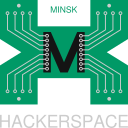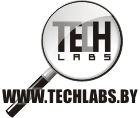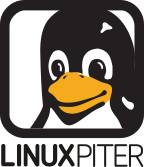GNU/Linux
Material from Wikipedia, the free encyclopedia
GNU/Linux (pronounced /ˈlɪnəks/ or /ˈlɪnʊks/) is the name usually given to any Unix-like computer operating system that uses the Linux kernel. Linux is one of the most prominent examples of free software and open source development: typically all underlying source code can be freely modified, used, and redistributed by anyone.
The primary difference between Linux and many other popular contemporary operating systems is that the Linux kernel and other components are free and open source software. Linux is not the only such operating system, although it is the best-known and most widely used. Some free and open source software licenses are based on the principle of copyleft, a kind of reciprocity: any work derived from a copyleft piece of software must also be copyleft itself. The most common free software license, the GNU GPL, is a form of copyleft, and is used for the Linux kernel and many of the components from the GNU project.
Free software projects, although developed in a collaborative fashion, are often produced independently of each other. However, because the software licenses explicitly permit redistribution there is a basis for larger scale projects that collect the software produced by stand-alone projects and make this software available together in a Linux distribution.
A Linux distribution, commonly called a “distro”, is a project that manages a remote collection of Linux-based software, and facilitates installation of a Linux operating system. Distributions are maintained by individuals, loose-knit teams, volunteer organizations, and commercial entities. They include system software and application software in the form of packages, and distribution-specific software for initial system installation and configuration as well as later package upgrades and installs. A distribution is responsible for the default configuration of installed Linux systems, system security, and more generally integration of the different software packages into a coherent whole.
Linux is largely driven by its developer and user communities. Some vendors develop and fund their distributions on a volunteer basis, Debian being a well-known example. Others maintain a community version of their commercial distributions, as Red Hat does with Fedora.




































